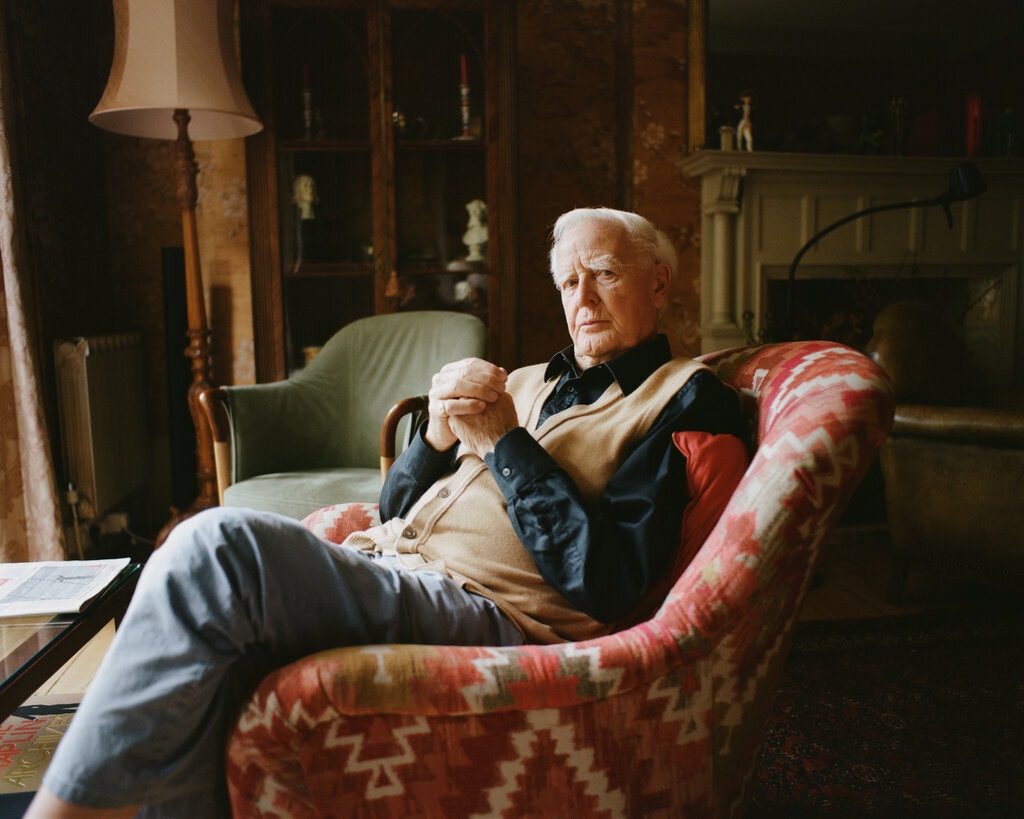Books |
John le Carré (1931 – 2020)
By
Published: Dec 13, 2020
Category:
Fiction
David Cornwell was “recruited as a teenaged errand boy of British Intelligence” and, for almost two decades, was some kind of spy. Moonlighting as a novelist, he wrote novels. Because his third novel was a spy story, the government required him to use a pseudonym. He came up with John le Carré.
That novel was “The Spy Who Came In from the Cold.” [For my review and Amazon links, click here]. Graham Greene, who more or less invented the modern spy novel, called it “the best spy story I ever read.” It was a huge hit, and he quit government service to write full time.
I only read a few of his two dozen books. They had one thing in common: I don’t recall doing anything else the day I started reading one. The reason is not the plotting. It’s the writing. “I think he has easily burst out of being a genre writer and will be remembered as perhaps the most significant novelist of the second half of the 20th century in Britain,” Ian McEwan wrote. Philip Roth called “A Perfect Spy” the “best English novel since the war.”
For the most personal of his books, you may want to read his memoir “The Pigeon Tunnel.” [For my review and Amazon links, click here.] Others believe one novel is closest to memoir: “A Delicate Truth.” [For my review and Amazon links, click here.] Dwight Garner wrote in The New York Times about it: “Le Carré is still writing at something close to the top of his game.”
I prefer his post 9/11 books, where he’s disenchanted with the United States and has a harder time telling the difference between “good” Americans and “bad” Russians.
My favorite is “Our Kind of Traitor,” which forces you to decide who’s worse, British bankers or a Russian money launderer. [For my review and Amazon links, click here.]
For a sense of his life, the New York Times obituary.
For George Plimpton’s Paris Review interview, click here.


